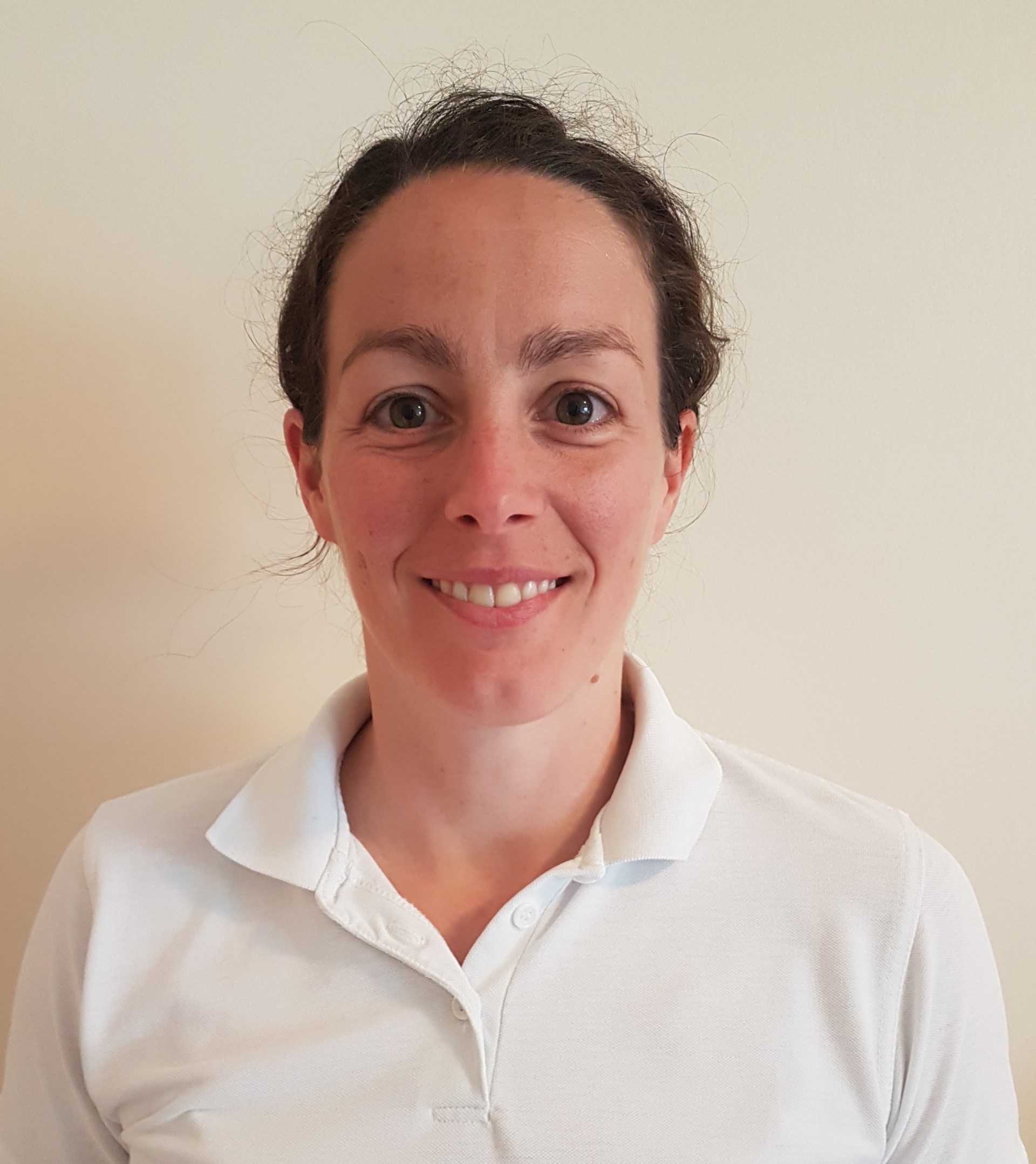This will also be a time of discovery for parents if your child has a bleeding disorder.
Young Child
As parents you may have many questions about recognising a bleed, what treatment is available and what your child can and cannot do. As you will discover over time these questions will become easier as you grow with your child and their bleeding disorder, but to help you along the way here is some advice and information about young children and bleeding disorders.
Recognising a bleed
Up until now your child may not have had a bleed, especially if they have a mild or moderate disorder. But as they become more adventurous and mobile you will have to become more watchful of bleeds occurring; spontaneously or due to injury. If you think that your child may have a bleed, you need to ring your haemophilia centre who can assess your child and refer you to services such as a haematology consultant or emergency services if necessary.
The primary symptoms to look out for are:
– Visible bleeding from cuts/grazes, random nosebleeds, or from their mouth
– Bumps and bruises
– Joint pain, swelling, and stiffness
– In infants, they might be particularly irritable and upset as they cannot communicate that they are in pain
Starting treatment
Haemophilia A and B
Generally children with mild haemophilia will not need regular treatment, unless they need surgery, are going to the dentist, or have a bleed. However, if they have severe haemophilia they will begin treatment to prevent regular bleeds, which can lead to long term damage to their joints otherwise.
In order to treat haemophilia, children are given a recombinant factor (VIII or IX) prophylaxis into a vein (intravenously), which helps their blood to clot; this is called infusing. This means that factor (blood protein which helps blood to clot) is injected into the child’s blood stream so that their ability to make a clot is raised to normal levels. The frequency of their treatment, and the factor they are infused with, depends on whether they have moderate or severe symptoms and on the type of haemophilia.
Young children’s veins are often small so a port-a-cath (implantable port / venous access device) can be inserted to give the factor intravenously. This can be very helpful as parents will be trained to use the port-a-cath so treatment can be fitted around your child’s routine without the need to visit the hospital every week/several times a week. Please contact your local haemophilia centre if you have any worries or questions about ports including what they are, the pros and cons. The centre can put you in contact with another parent whose child has had a port inserted so you can find out from them about their experience.
Inhibitors
In rare cases when a person infuses factor, their body’s immune system fights against the factor in the same way that it protects you against infections or disease by producing antibodies called inhibitors. These antibodies attack the factor and prevent it from working. Inhibitors can be diagnosed with a blood test that measures the presence of inhibitors.
There are a few treatment options to tackle inhibitors such as increasing the dose of your child’s factor, using bypassing agents, and immune tolerance induction (ITI). If your child has inhibitors your healthcare team at the haemophilia centre will talk you through the condition and the treatment they recommend.
Other Bleeding Disorders
Children with other mild bleeding disorders will not need regular treatment but may need treatment for surgery, dental work or if they have a bleed. Your doctor and specialist nurses will discuss with you in clinic what treatment your child needs and when, depending on the disorder they have. If you have any questions please contact your local haemophilia centre.
If your child has a severe bleeding disorder they may need more regular treatment, or treatment “on demand” which means treating when they have a bleed. Your doctor and specialist nurses will discuss specific treatments with you at clinic appointments. Please contact your local haemophilia centre with any questions you might have.
Worries and anxieties
At times you may feel anxious or worried due to your child’s condition, and so it is essential for you to remember that whenever you need support and advice, you can contact your haemophilia centre. Not only can they support you with providing medical information and treatments, they can refer you to other services such as counselling and patient groups.
If you would like to be put in contact with other parents of children with haemophilia or other bleeding disorders this can also be arranged, giving you the opportunity to share experiences and help one another through the development of your child.
Furthermore, if your child is attending nursery a nurse specialist can visit the nursery to meet with their teacher and assistants. This can be useful to provide both you and the nursery staff peace of mind.







